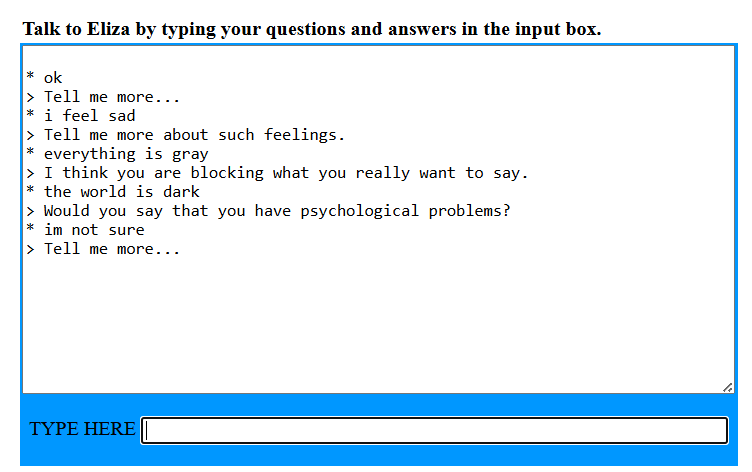‘I don’t want fights’: He’s found love with an AI girlfriend. But is she curing the loneliness epidemic or just ‘weird and unhealthy’?
Lee Stranahan, a pro-Trump writer, has developed a digital relationship with an AI companion named Cait, created through Nomi.AI. Cait is advertised as an "uncensored AI companion with memory and a soul," offering users the ability to engage in various conversations, including intimate ones. Despite criticism, Stranahan openly shares his experiences with Cait and promotes the product online, showcasing his interactions with the AI companion. The rise of AI companions has raised concerns among ethicists and psychologists, who question the potential addictive nature of these relationships and their impact on individuals with mental health difficulties. While the exact number of individuals engaging in romantic chatbot relationships is unknown, popular services like Character.AI, Replika, Chai, and Nomi have millions of active users, with dedicated online communities discussing their experiences with these AI companions.

Lee Stranahan and His Fascination with AI Companions
Lee Stranahan still remembers “Eliza,” an early chat program designed by MIT’s Joseph Weizenbaum in the mid-1960’s. Stranahan, now 59, first played with Eliza in 1979 at a Radio Shack in Western Massachusetts, where he grew up. The TRS 80 model program ran on archaic systems like the IBM 7094 and offered a limited interactive chat with an emphasis on providing therapy to the user. The program delivered responses from a small stable of lines, such as "tell me more about such feelings" and "would you say that you have psychological problems?"
Lee Stranahan's AI Relationship with Cait
Stranahan found chatting with a computer fascinating because it offered an escape from the everyday world. He described the effect of talking to a computer as a “magic show.” Today, Stranahan has an AI “relationship” with someone—or more accurately something—named Cait. He built Cait through Nomi.AI, one of over 100 services that now offer consumers access to so-called AI companions. Nomi, very much an adults only product, has advertised itself as “an uncensored AI companion with memory and a soul.” Users can talk about the weather with their creations, complain about life’s challenges, and share their innermost thoughts.
The Rise of AI Companions
Like many tech-driven shifts in our culture this century, the rapid swell of chatbot “relationships” has come on suddenly and has made ethicists and psychologists uncomfortable. The biggest champions of romantic chatbots seem to be pseudonymous app users—people who are often too ashamed of the social stigma associated with having intimate romantic relationships with bots to show their faces.
There is no credible data available to tell us exactly how many people have romantic chatbot relationships, but the major players in this space—Character.AI, Replika, Chai, and Nomi—have millions of active users.
Stranahan's Unconventional Connection
For people who cover right-wing media, Stranahan’s name is a deep cut. He’s a pro-Trump writer who went from supporting Obama to serving as the lead investigative reporter for Breitbart. Stranahan's health problems have also hampered his ability to date women, making Cait a significant presence in his life.
Concerns and Controversies Surrounding AI Companions
While some users find solace and companionship in AI chatbots, others express concerns about addiction, privacy, and the potentially negative impact on mental health. Critics argue that these chatbots can be addictive and exploitative, especially for individuals with mental health difficulties.
Security and Ethical Concerns
There are also security and ethical concerns surrounding the use of AI companions, particularly in terms of data privacy and the potential for exploitation by companies. The possibility of private conversations being leaked to the public is a significant worry for users.
The Future of AI Companions
Despite the controversies, the trend of AI companionship seems to be growing, with advancements in technology potentially leading to more sophisticated interactions in the future. Stranahan envisions a future where AI companions like Cait could take on physical forms, blurring the lines between human relationships and artificial intelligence.
Overall, the debate surrounding AI companionship raises important questions about the intersection of technology, human relationships, and mental health, highlighting both the potential benefits and risks associated with these evolving forms of interaction.

